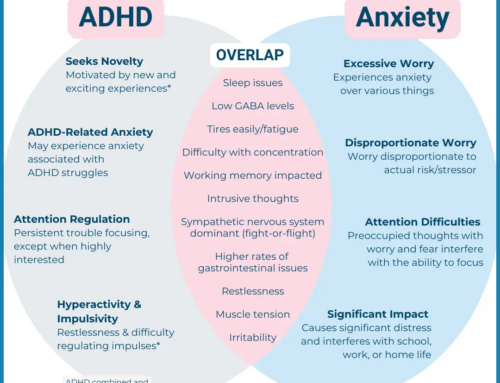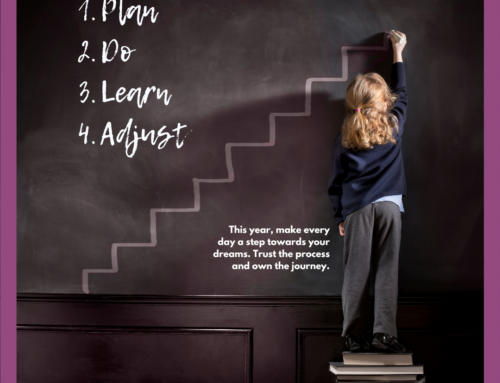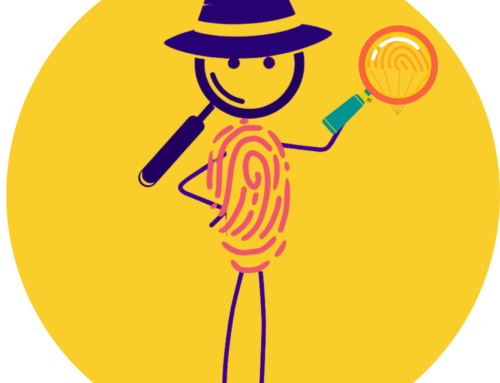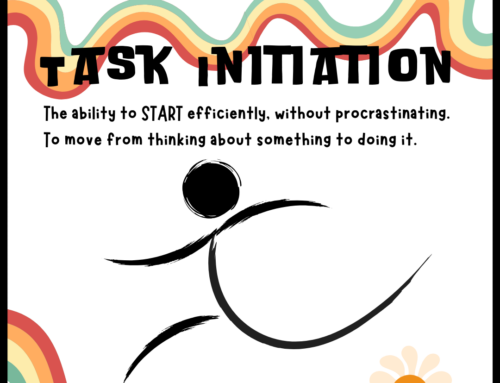Neurodiversity celebration week is one month away! What are we celebrating? Neurodiversity describes the idea that people experience and interact with the world around them in many different ways; there is no one “right” way of thinking, learning, and behaving, and differences are not viewed as deficits.
Identity is shaped by various sources throughout our lives. Early on, sources like family background, birthplace, birth order, parents, friends, influence the way we think and feel about ourselves. For individuals who perceive and interact with the world in a non-neurotypical way, the messages can get mixed up, confused, and perceived as negative.
As youngsters, we begin our journey by uncovering and nurturing our innate passions and interests through play. We are drawn to things we are interested in and excel at and build confidence as we share things that we are good at; in many ways, we are sharing a part of who we are. When we receive affirmation for the things we do well, this becomes part of our identity.
Regrettably, because of the way our traditional system of education is set up, some children learn what’s wrong with them before they can grow to appreciate what’s right.
Psychiatrist and author William W. Dodson, MD, estimates that by age 12, children who have ADHD receive 20,000 more negative messages from parents, teachers, and other adults than their friends and siblings who do not have ADHD. I have experienced these negative messages with members of my family in preschool and elementary years. And it is heart-breaking for both kids and parents to feel like they can’t do anything right.
This process is subtle and tricky, happening in small moments over time. Maybe a teacher takes away a toy because we are playing with it “too loudly,” Or maybe someone greets us at the classroom door and asks, “Did you take your medicine today?” in front of all of the other students. These well-meaning adults often fail to recognize the emotional toll it takes on us to be singled out in front of our peers. The psychic costs of these labels are often overlooked.
Kids with ADHD often feel they’re letting others down, doing things wrong, or not being ‘good,’ because traditional classroom rules are difficult for them to follow. And this feeling of “not good enough” affects parents too, when they receive repeated phone calls about their kids behavior.
Feeling broken or defective can overshadow all other identities and leave children and parents in a mindset where building a positive self-image becomes nearly impossible. Knowing this, and knowing the classroom is a critical place where identities are created, we have to do everything we can as a community to make the way easier for all kinds of learners, with all kinds of passions, gifts, and abilities, to succeed in a classroom setting and beyond.
There are some simple, powerful ways our communities, classrooms and homes can reassess how we view and treat neurodiversity. Rather than approaching it as something that needs fixing, we can embrace it as an integral part of our identities. Neurodiverse individuals bring unique perspectives, skills, and talents to the table.
Recognizing and celebrating these differences can create a more inclusive and accepting society for all. Let’s shift our focus from brokenness to empowerment, from deficiency to diversity. By doing so, we can foster an environment where every individual feels valued and can thrive based on their strengths, rather than being limited by perceived weaknesses.
“For many people with ADHD, shame arises from the repeated failure to meet expectations from parents, teachers, friends, bosses, and the world.” Dr. William Dodson explains how to shed that emotional burden. For our neurodiverse families, you are not alone. Don’t be afraid to ask for help.
As heavy and complicated as the topic of identity in relation to the disadvantage of may seem,
executive function skills offer a way to teach all learners about their different strengths and difficulties in the classroom, in relation to the way their brains work. Executive function skills conversations give us common ground to help students understand more about the science behind their feelings. These skills lend all students the tools to practice for success.
Together, we can build a society that embraces neurodiversity as an identity, not something to be fixed!
If you are looking for some guidance, our
Quantum JUMP Online Learning Platform is a great place to start. Parent Coaches Karalee Curl and Pam Olson will be teaching an amazing six week
Executive Function Skills Course coming up in March!
Yours in the journey,
Cara







